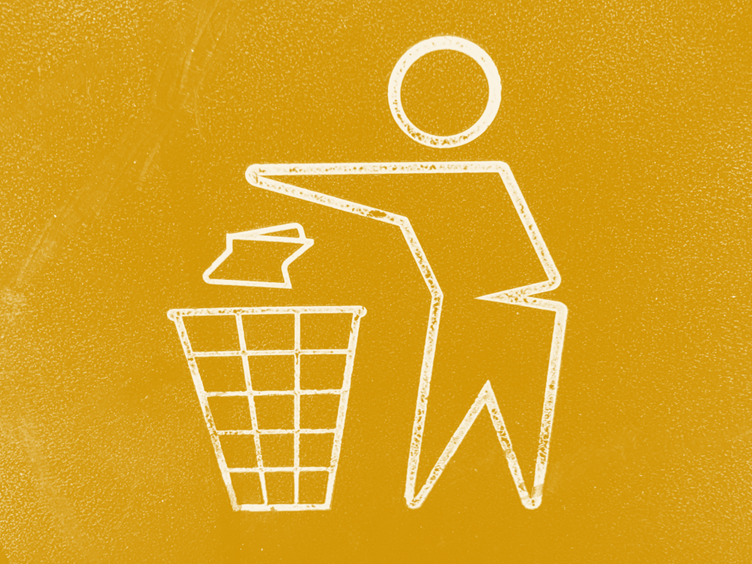Examples of our actions towards SDG 12 Responsible Consumption and Production
Providing healthy, seasonal, local, and responsibly sourced food for staff, students and visitors are critical to the University’s drive to uphold its reputation as a responsible institution. This policy covers all of the University’s colleges, catering outlets, services and products.
Local and Regional
Living the Values
Wider Student Experience
We are working towards the Fairtrade University Award. Our Fairtrade Steering Group has evolved into the new Sustainable Procurement Group, and our updated Sustainable Procurement Policy reflects the University's commitment to the Fairtrade Award and to reducing supply chain emissions.
More examples of our work towards SDG 12
Waste disposal landfill policy
Durham University has established policies to measure and monitor waste sent to landfill and recycled, with firm commitments to reduce overall waste production. These policies are outlined in our Environmental Sustainability Vision, Policy & Strategy, re-approved by the University Executive Committee in 2023. Additionally, they are integrated into our Waste Management Strategy, with targets reflected in our waste destination graphs for 2022/23 and 2023/24. These commitments are further reinforced within our comprehensive Sustainable Procurement Policy, and our Sustainability Ambition Statement (Pathways to Net Zero).
Environmental Sustainability Vision, Policy & Strategy - 2023 UEC re-approved
Waste Management - Greenspace Movement policies and commitments
Sustainable Procurement Policy
Sustainable Ambition Statement
Policy for minimisation of plastic use
Durham University is committed to the responsible use of plastics, minimising waste, and actively identifying opportunities for reuse and responsible recycling. We aim to achieve this through continuous engagement with our world-leading academic research to explore innovative solutions for effective plastic management. Additionally, we have set stringent recycling targets to ensure sustainable practices are upheld across the University.
Reduction of Single Use Plastic Policy
Waste Management - Greenspace Movement policies and commitments
Durham University Creating Impact - Green Gown Awards 2024
Protecting our planet: How's DU's research helps to safeguard the environment
![]()


/prod01/prodbucket01/media/durham-university/about-us/environmental-social-and-economic-sustainability/Environment-Banner.png)



